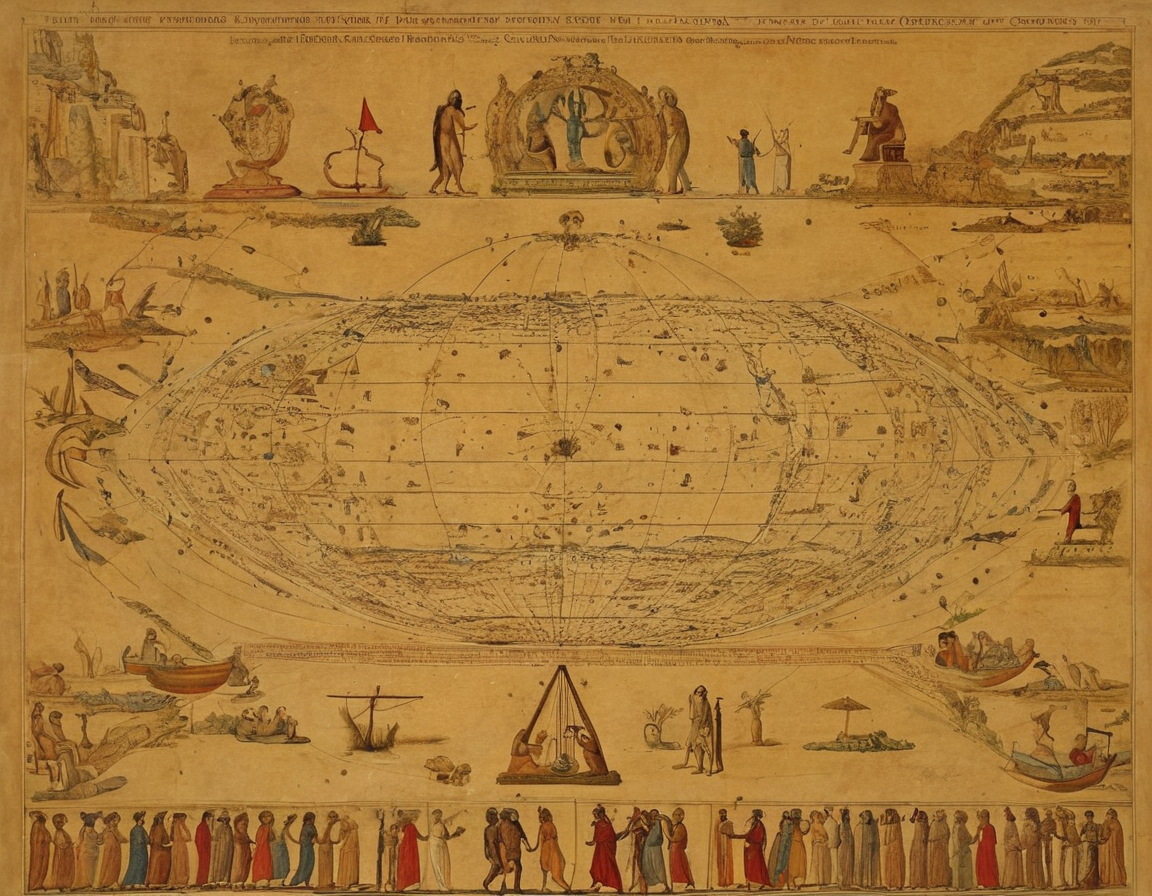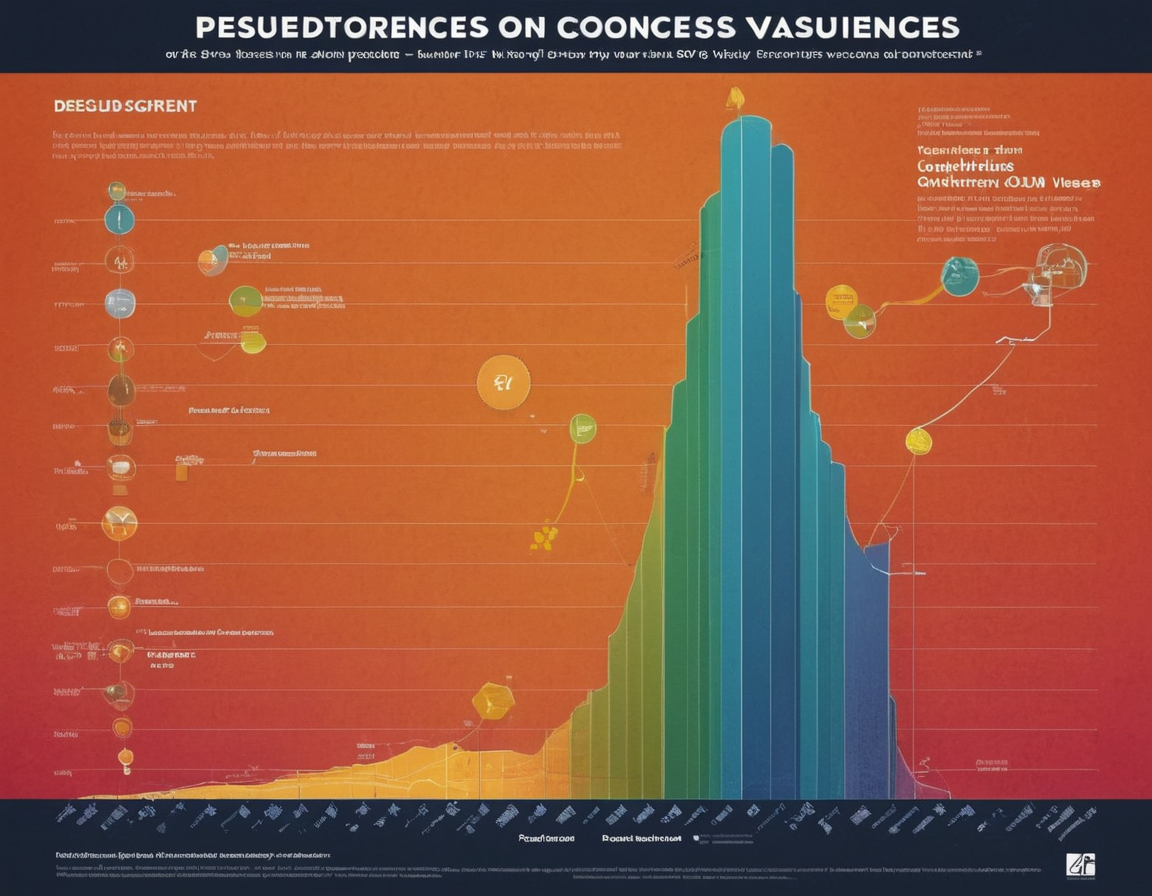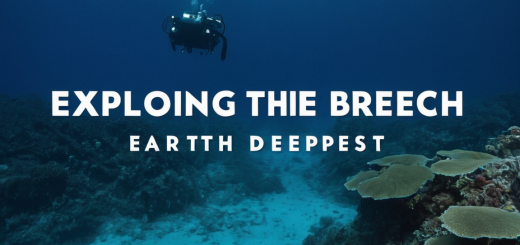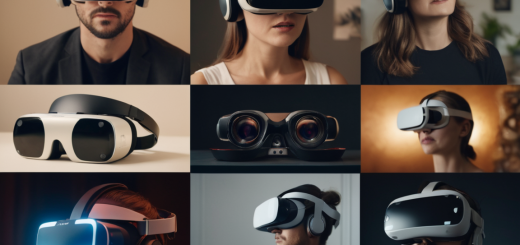Decoding Pseudoscientific Trends: How Misinformation Impacts Society
Understanding Pseudoscience in Today’s World
In an age where information is at our fingertips, discerning scientific fact from fiction has never been more challenging. The rise of pseudoscientific trends, such as the anti-vaccination movement and climate change denial, begs a critical examination. In this post, we’ll explore the origins of pseudoscience, its current influence on society, and how we can foster a future of informed citizens.

Background: The Genesis of Pseudoscience
Pseudoscience, at its core, is a collection of beliefs or practices mistakenly regarded as being based on scientific method. It’s a historical issue, tracing back to the dawn of civilization when mysticism often intertwined with early attempts at science.

Current Relevance: Pseudoscience in Modern Society
Today, the implications of pseudoscience can be seen in debates over major societal issues. Whether it’s the merit of alternative medicine or the legitimacy of astrological predictions, pseudoscience’s presence is undeniable.
Expert Opinions: Scientists Speak Out
Leading scientists and institutions have voiced their concerns over the proliferation of pseudoscientific claims, citing a need for better science communication and education to combat misinformation.

Real-World Impact: The Consequences of Misinformation
The consequences of embracing pseudoscience can be dire. From public health crises to wasted resources, the impact is multifaceted and far-reaching. Below are a few critical instances where pseudoscience has taken center stage.
- Vaccine Hesitancy: Despite overwhelming evidence supporting vaccine safety and efficacy, misinformation has led to lower immunization rates and outbreaks of preventable diseases.
- Climate Change Denial: Disregarding scientific consensus, some groups downplay the severity of climate change, hindering essential environmental policies.

Future Outlook: Educating for a Science-Based Tomorrow
Efforts to increase scientific literacy and critical thinking skills are crucial in creating a society less susceptible to pseudoscientific beliefs. Engaging educational campaigns and accessible scientific resources are part of the solution.
In conclusion, it is everyone’s responsibility to critically appraise information and encourage others to do the same. As we look to the future, let’s promote a culture that values scientific integrity and intellectual rigor.







